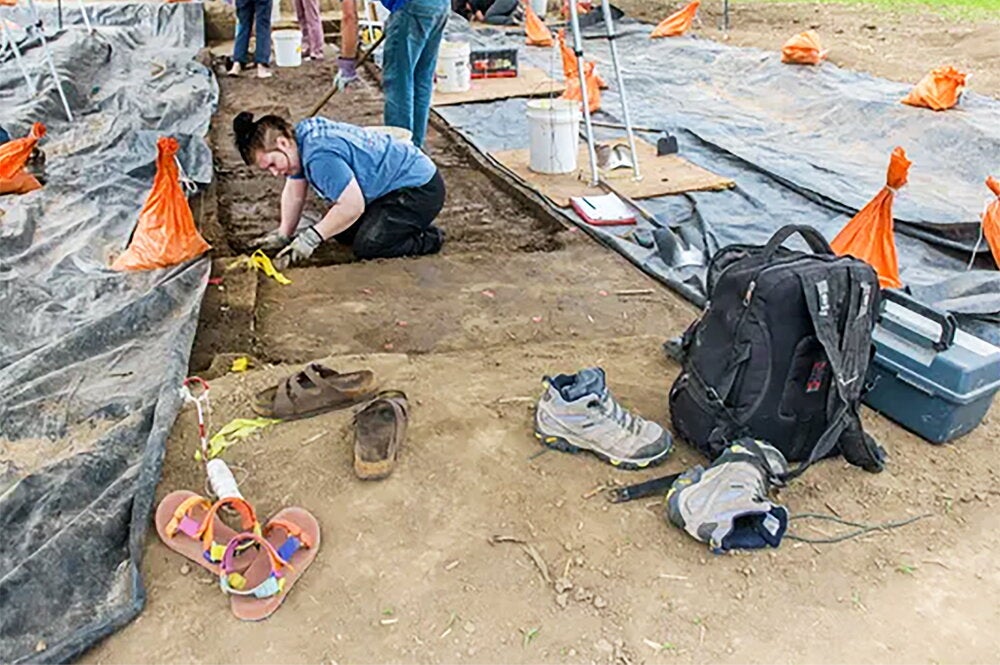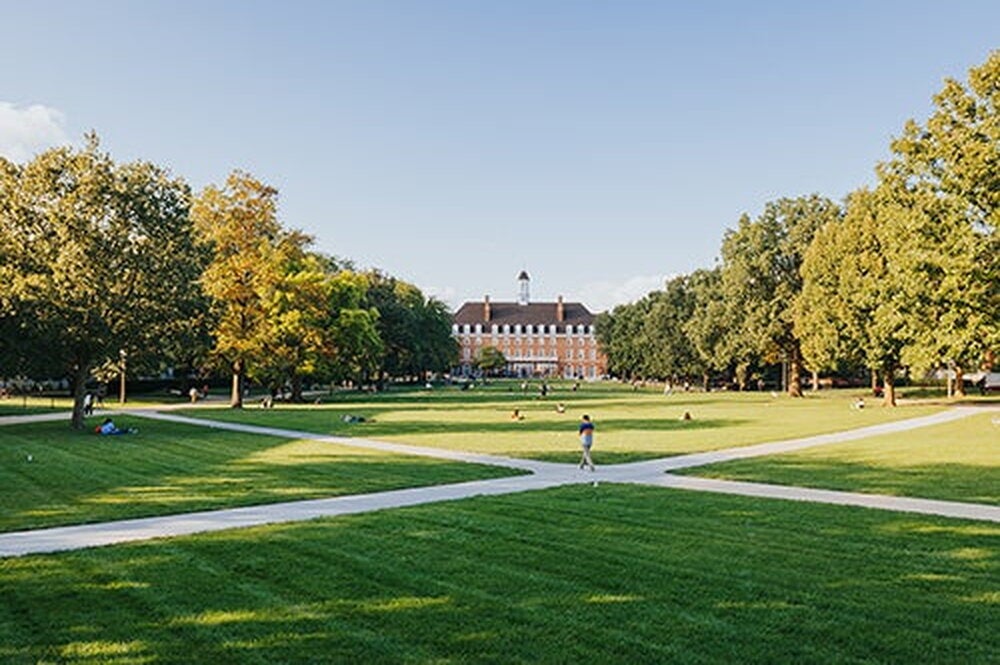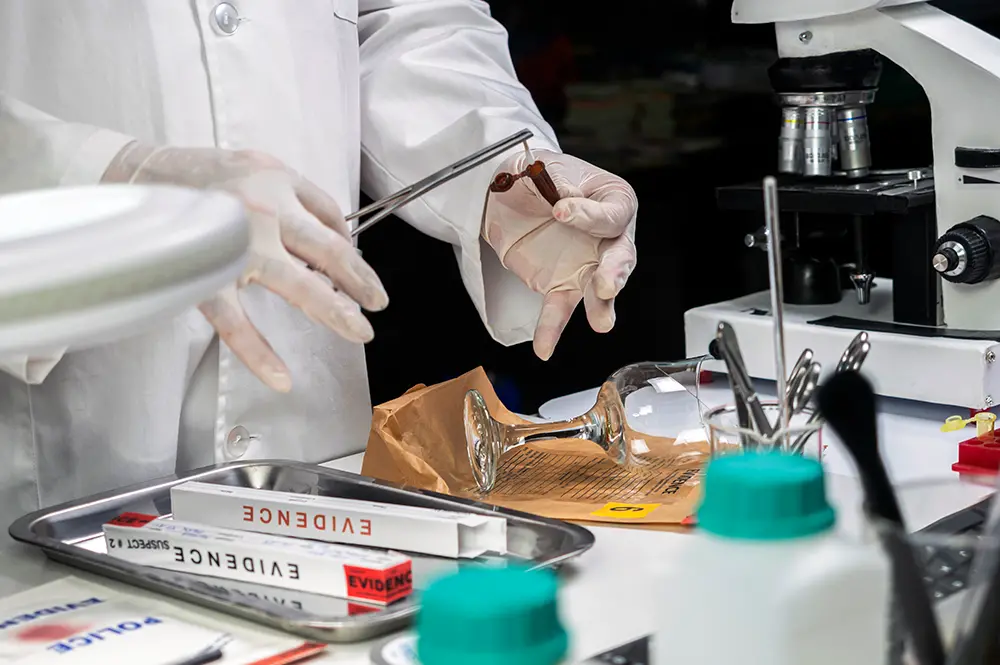
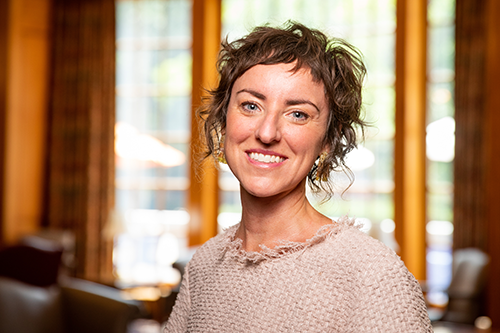
Since March, some of the most pressing issues of forensic science and crime in the state of Illinois have been discussed and debated at the Carl R. Woese Institute of Genomic Biology at the University of Illinois Urbana-Champaign.
That’s where the Illinois Forensic Science Commission (IFSC) has its regular meetings to analyze the various issues facing state-funded forensic crime laboratories. Created by state law in August 2021 to deal, in part, with a backlog of forensic evidence processing, the IFSC is charged with overseeing the processing of evidence in laboratories such as Northeastern Illinois Regional Crime Laboratory, and DuPage County Forensic Science Center, and the Illinois State Police forensic laboratory system.
While Illinois State Police have dramatically reduced the backlog of forensic evidence processing since 2019, the long waits were the impetus for the IFSC. However, the commission is tasked with not only analyzing the handling of evidence but other issues that arise in publicly funded crime labs.
For example, at their July meeting, the commission also briefly discussed new research pertaining to cannabis and the variables involved when determining cannabis intoxication in drivers. With the legalization of marijuana, officials have realized that the forensic evidence necessary to test for intoxication is different than what’s used for drivers under the influence of alcohol.
“Forensic sciences are used daily in the justice system to help solve crimes including robberies, murders and other criminal activity,” said State Rep. Lakesia Collins (D-Chicago) when the commission was signed into law. “With forensic sciences being such an integral part of the work that our State Police do to provide justice for crime victims, we must do everything we can to ensure these services are being delivered timely and as professionally as they possibly can.”
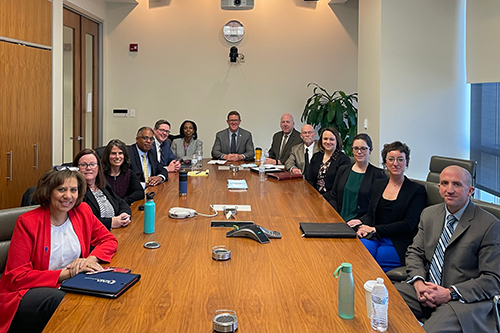
The commission includes about a dozen members, including the director of the Illinois State Police, law practitioners, forensic scientists, victim and other community advocates, and an academic researcher. Cris Hughes, an anthropology professor at U of I and deputy forensic anthropologist for the Champaign County Coroner’s Office, is the academic member of IFSC.
The IFSC is the successor to the now former Forensics Science Task Force which consisted of many of the same members. From 2019 to 2021 the task force successfully assisted the state in decreasing the backlog of DNA evidence processing in cases of sexual assault. Still, with wait times reduced to a six-month maximum, the task force voted for the creation of a permanent commission, which the General Assembly created in August 2021. The backlog of forensic cases at Illinois State Police laboratories was roughly 9,000 as of July 31, 2022 .
Hughes had conversations with Brendan Kelly, director of Illinois State Police and commissioner of IFSC, about the ethical, legal, and social implications of obtaining new genomic technology, as well as how partnerships can be leveraged between state labs and universities for the benefit of forensic science in practice. T hrough those conversations IFSC eventually made its home at the Carl R. Woese Institute for Genomic Biology on campus.
The commission will meet at IGB quarterly for the foreseeable future to discuss strategies to improve the state’s practices, with input coming from a range of contributors. No laboratory work is planned for the U of I campus in connection with IFSC.
As a member, Hughes has started discussions at IFSC about use and limitations of genetic genealogy—currently not conducted in state-funded forensic labs—to help solve some crimes. Genetic genealogy is a forensics technique that made waves in 2018 when California police used it to arrest Joseph James DeAngelo Jr., also known as “The Golden State Killer."
DeAngelo committed a litany of crimes throughout the 1970’s and 80’s including burglary, kidnaping, 13 murders and more than 50 sex crimes. He evaded authorities for decades, but in 2017 a California investigator used DNA from a decades-old rape kit to create a profile on YSearch, a now-defunct company that allowed users to make DNA comparisons on a public database. Through the company, authorities were able to find a close relative of the suspect. This eventually led police to DeAngelo.
Prior to this case, genetic genealogy hadn’t been employed by law enforcement. Hughes, however, said genetic genealogy is part of a dynamic shift happening in forensic science genetics, which requires considerations beyond the DNA science into social science, including issues of privacy and data protection. For the last two decades authorities have used the Combined DNA Index System (CODIS) to solve crimes. CODIS uses a panel of DNA markers to individuate identity, but a matching set of DNA must be in the system, from a previous crime, to get a hit.
“A significant percentage of cases that have DNA evidence are getting submitted to CODIS yet there’s no identification,” Hughes said. Alternative approaches like genetic genealogy could produce investigative leads when CODIS isn’t able to deliver, but implementing this technology will take time, and requires an interdisciplinary perspective, according to Hughes.
State labs are facing a major backlog of DNA in CODIS from sexual assault cases. Meanwhile, private labs such as Ancestry.com and FamilyTreeDNA, however, have had widespread success helping people trace their roots through a simple saliva sample.
Other commission members include John Hanlon, lawyer and former director of the Illinois Innocence Project. Hanlon has helped exonerate 18 defendants in Illinois at times using DNA evidence. Carrie Ward, CEO of the Illinois Coalition Against Sexual Assault, serves on the commission as a victim advocate.
Ward witnessed the state achieve its goal of reducing the forensic case backlog to six months, but she says the progress shouldn’t end there.
“What we know, as victim advocates is that was a good benchmark, you had to start somewhere,” Ward said, “But 180 days is a very long time for survivors to wait for their kit to be processed. So, I think our goal would be to reduce that even further.”

